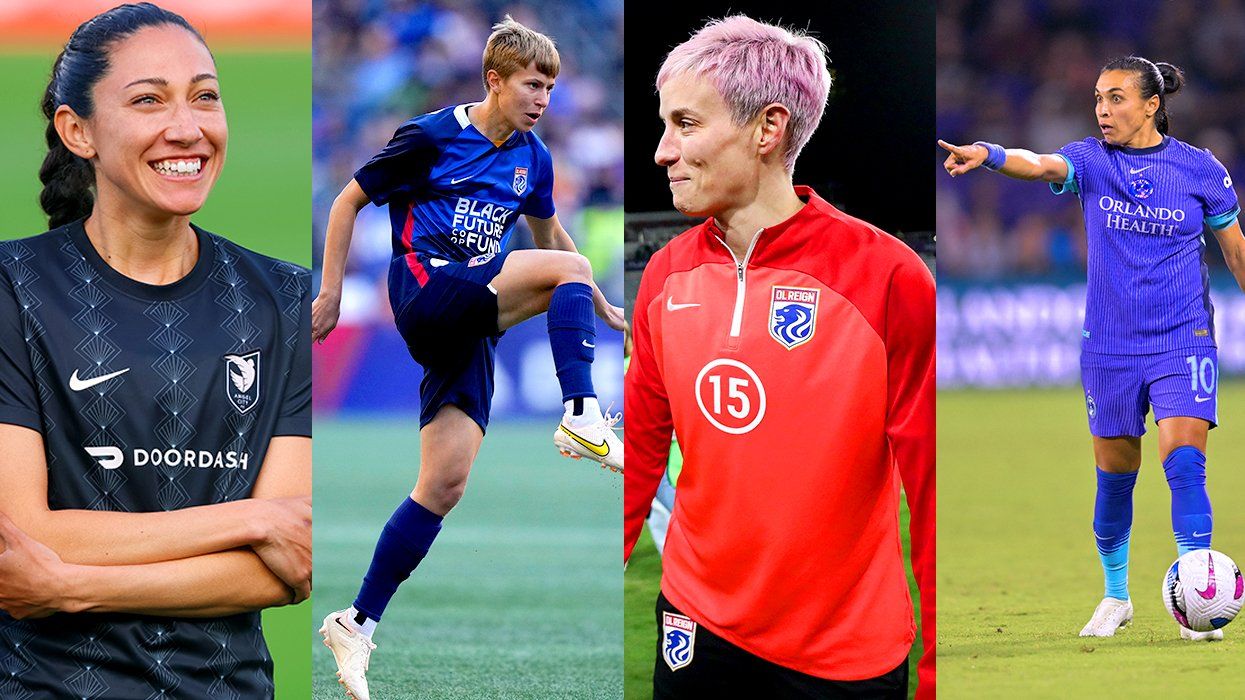Pride parades will be taking place all over the country this month. As we all rev up for this year's festivities, so, too, the fault lines of race, gender identity and class will emerge as well. In addition to Gay Pride events, there will be a segment of our lesbian, gay, bisexual, transgender and queer (LGBTQ) population attending Black Gay Pride and Latino Gay Pride events.
Pride is about the varied expressions of the life, gifts and talents of the entire (LGBTQ) community. But the divisions in our community during Pride also shows us something troubling and broken within ourselves.
So, as we hit the streets all month going to various celebrations, let's query who's missing from these Pride festivities and why?
For example, Black Pride dances to a different beat.
Sunday gospel brunches, Saturday night Poetry slams, Friday evening fashion shows, bid whist tournaments, house parties, the smells of soul food, Caribbean cuisines, and the beautiful display of African art and clothing are just a few of the cultural markers that make Black Pride distinctly different.
Cultural acceptance was just one of a few things LGBTQ of African decent did not experience from larger Pride events. As a predominately white event many African American LGBTQ revelers also experienced social exclusion and political invisibility. And after decades of Pride events where many LGBTQ people of African decent tried to be included and wasn't, Black Gay Pride was born.
And with the larger LGBTQ community being the fastest disenfranchised group since Stonewall to touch the fringes of mainstream society, communities of color- straight and gay- have not come close. The growing distance between these communities is shown by how, for an example, a health issue like HIV/AID that was once an entire LGBTQ community problem is now predominately a black and Latino one.
Another example is the white LGBTQ ghettos that have developed and thrived safely in neighborhoods throughout the country. But with the income disparity and capital between black and white LGBTQ communities most LGBTQ people of African decent live in their black homophobic neighborhoods. And with homophobia such as it is in the black community we cannot carve out a black queer ghetto within our existing neighborhoods and expect to realistically be safe.
more on next page...
\\\
(continued)
The themes and focus of Black Pride events are different from the larger Pride events. Black Pride focuses on issues not solely pertaining to it LGBTQ population but rather on social, economic and health issues impacting the entire black community. For example, where the primary focus and themes in white Prides has been on marriage equality LGBTQ people of African decent Pride events have had to focus also on HIV/AIDS, unemployment, gang violence and LGBTQ youth homelessness, to name a few.
But many LGBTQ people of African decent and Latinos argue that the gulf between whites and themselves is also about how the dominant queer community rewrote and continues to control the history of Stonewall. The Stonewall Riot of June 27-29, 1969 in Greenwich Village, New York City, started on the backs of working-class African-American and Latino queers who patronized that bar. Those brown and black LGBTQ people are not only absent from the photos of that night, but they are also bleached from its written history.
Because of the bleaching of the Stonewall Riots, the beginnings of LGBTQ movement post-Stonewall is an appropriation of a black, brown, trans and queer liberation narrative. And it is the deliberate visible absence of these African American, Latino and API LGBTQ people that makes it harder, if not near impossible for LGBTQ communities to build trusted coalitions with white LGBTQ communities.
Views on Pride are mixed. And not just along lines of race, class and gender identity. For many, Pride represents a bone of contention. At one time, many thought the celebration was too political and had lost its vision of what it means for people to just have a good time. But others now think of it as a weekend bacchanalia of drugs, alcohol and unprotected sex, desecrating the memorial of the Stonewall Riots and the chance to make a political statement.
Pride need not be viewed as either a political statement or a senseless non-stop orgy. Such an either/or approach artificially divides the integral connection between political action and celebratory acts in our fight for our civil rights.
At its core, Pride events are an invitation for community.
They should highlight the multicultural aspect of joy and celebration that symbolizes not only our uniqueness as individuals and communities, but also affirms our varied expressions of LGBTQ life in America.
But as long as LGBTQ communities and cultures of color continue to be absent each June, Pride month is an event to not be proud of.
Read more of Rev. Irene's Op-Eds.
Be SheWired's Friend on MySpace!
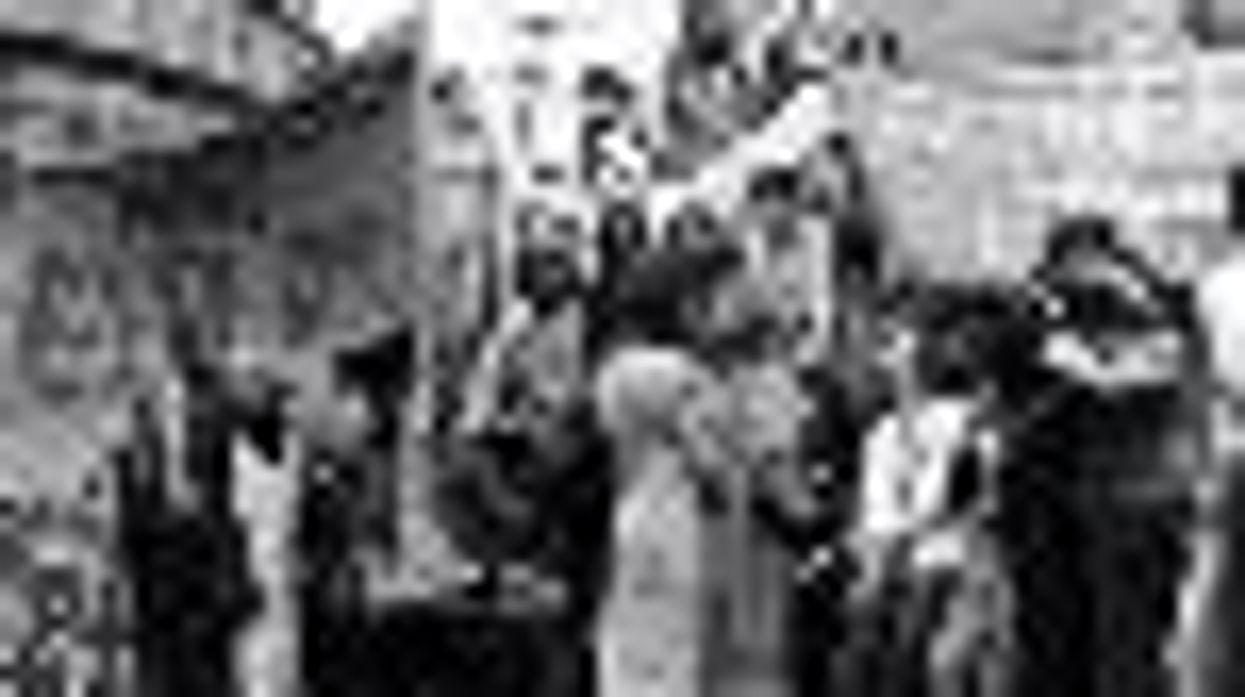












































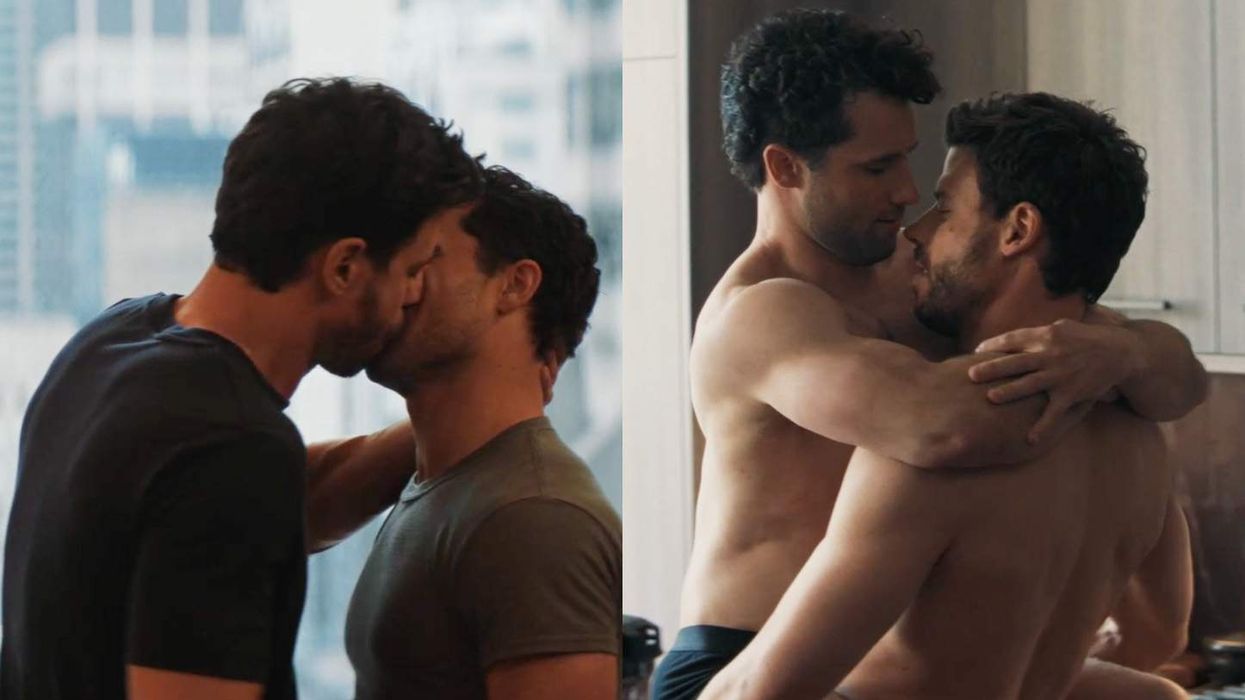


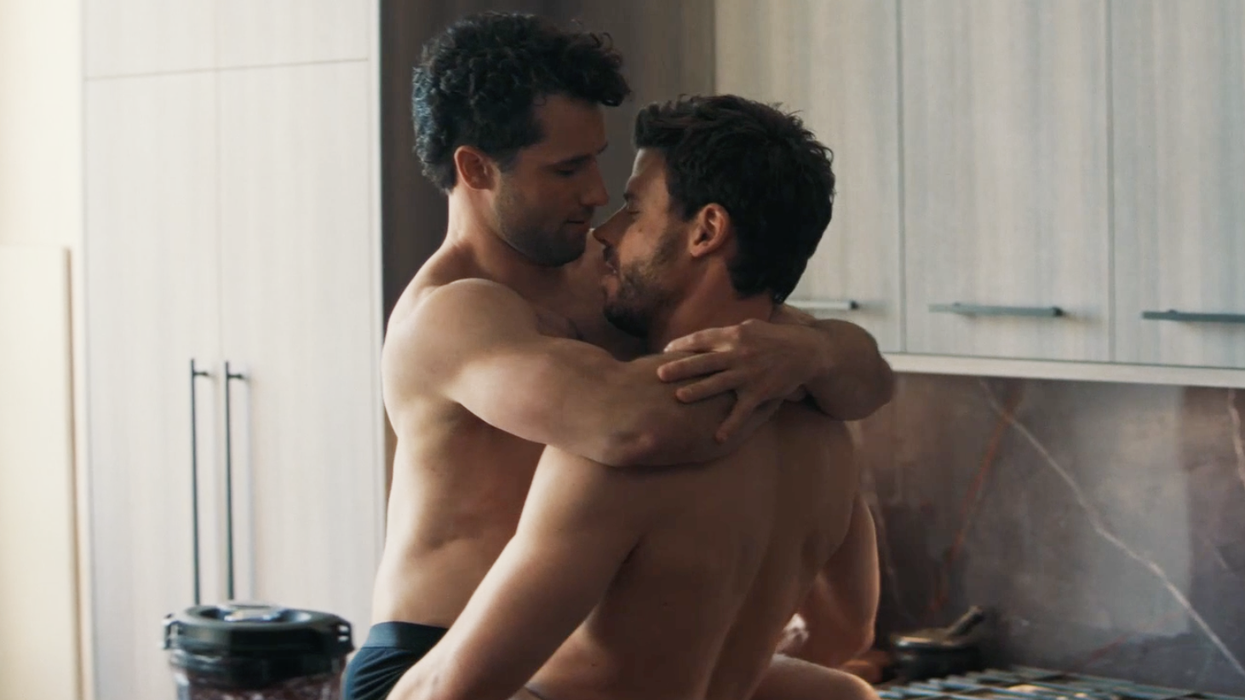
































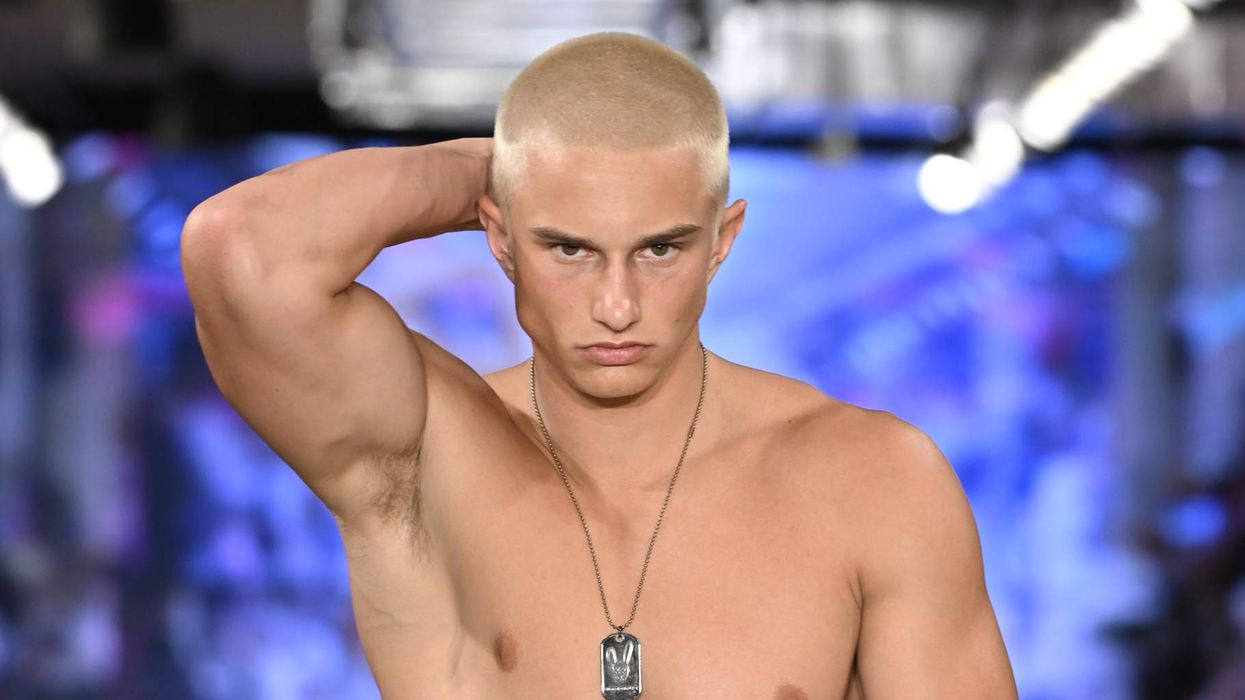
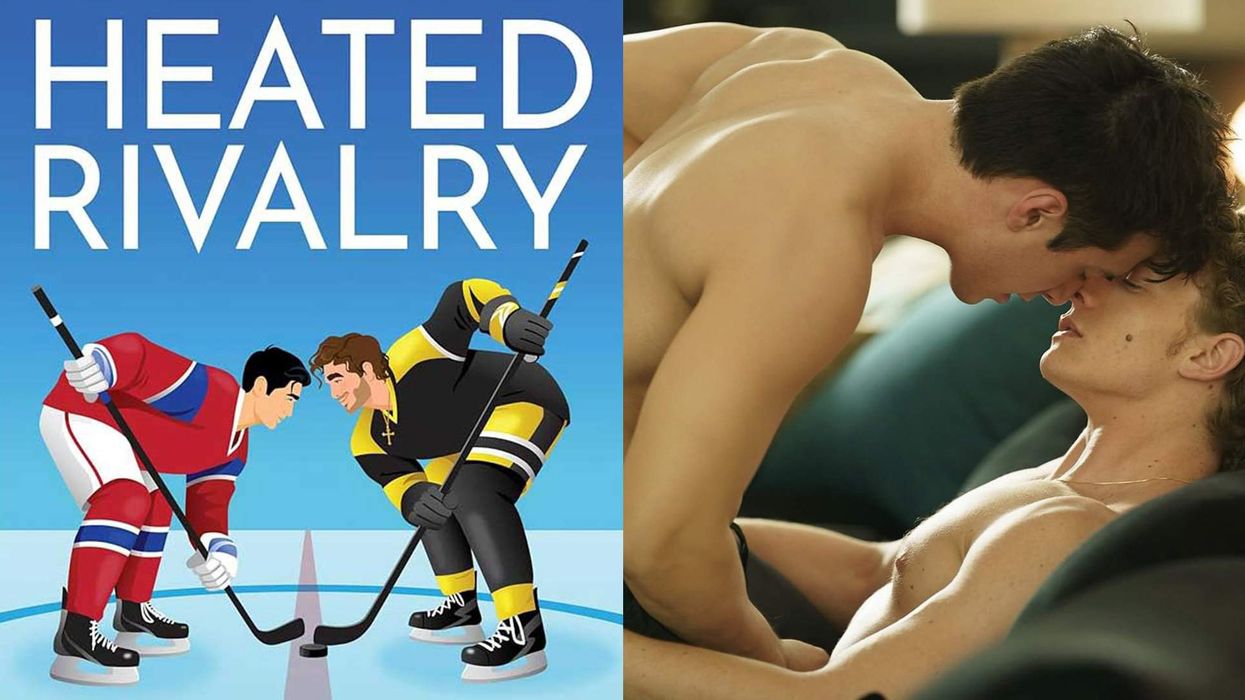



 Cindy Ord/Getty Images
Cindy Ord/Getty Images
























